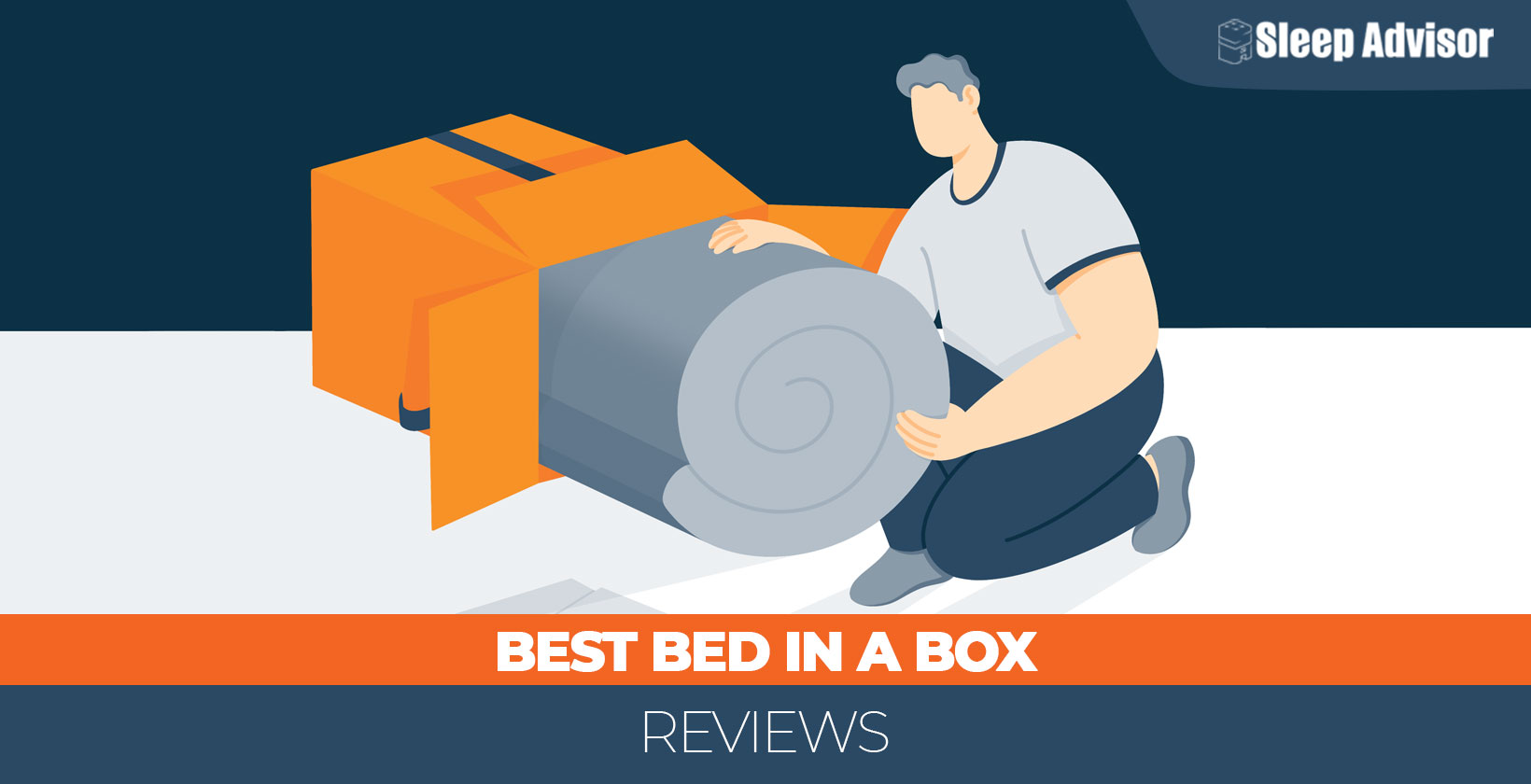
The number of individuals who are legally responsible for paying the collection account of a deceased family member is quite limited. Who, If Anyone, Is Still Responsible to Pay for the Collection?

It is essential for family members to be aware of their rights during these interactions and to know when a debt collector may be crossing the line. If the person had authorized the collection agency to speak with anyone else about their account, the debt collector may also reach out to that person or those people to discuss the details of the debt. During these phone calls, according to the FTC, the debt collector is not permitted to request payment from a family member or friend, as it would be a violation of the Fair Debt Collection Practices Act (FDCPA).ĭebt collectors may reach out to the deceased’s surviving spouse, estate executor or administrator, or even a parent or guardian if the deceased was a minor. They may not discuss the deceased’s debt in any detail. If the collection agency keeps their conversations specifically to requesting updated contact information for the deceased debtor or the estate, the agency may typically reach out to any adult family member or friend one time. Who Can Be Contacted by a Debt Collector?Įven though family members may not become legally responsible for a parent’s, spouse’s, sibling’s, or child’s debt upon their death, collection agencies may still contact family members after learning of the debtor’s death in an attempt to settle the debt. This process can be lengthy and complicated, and it’s essential for family members and executors to be informed about their rights and responsibilities during this time. The estate will be responsible for paying off the debt through available assets, such as property, cash, or other investments. In situations where the deceased lived in a non-community property state or did not have a surviving spouse, the collection agency will generally file a claim against the deceased’s estate. It’s crucial for family members to be aware of their state’s laws and how they may impact their financial responsibilities after a loved one’s death. In these cases, the spouse is legally obligated to pay off the debt, which can add significant financial strain during an already challenging time.

If the deceased was married and living in one of the nine community property states, any debts in collections that they incurred during the marriage will become the responsibility of the surviving spouse. What do collection agencies do with debt when the debtor dies? In such circumstances, knowledge is power, and understanding the debt collection process can help you navigate this difficult time with more confidence and control. Regrettably, many people experience exactly this and aren’t sure what their legal responsibilities are or what their consumer rights entail. When the unimaginable or the unbearable happens, and you lose a spouse, partner, parent, child, or sibling, the last thing you want to deal with is collection agencies calling you to ask you to pay for your loved one’s debts. If you find yourself in this difficult position, it’s important to be aware of your rights, legal responsibilities, and the steps you can take to address the situation.

What Happens to Collection Debts When Someone Dies?ĭealing with a family member or loved one’s death is challenging enough, and the added burden of handling their collection debts can make the situation even more overwhelming.


 0 kommentar(er)
0 kommentar(er)
